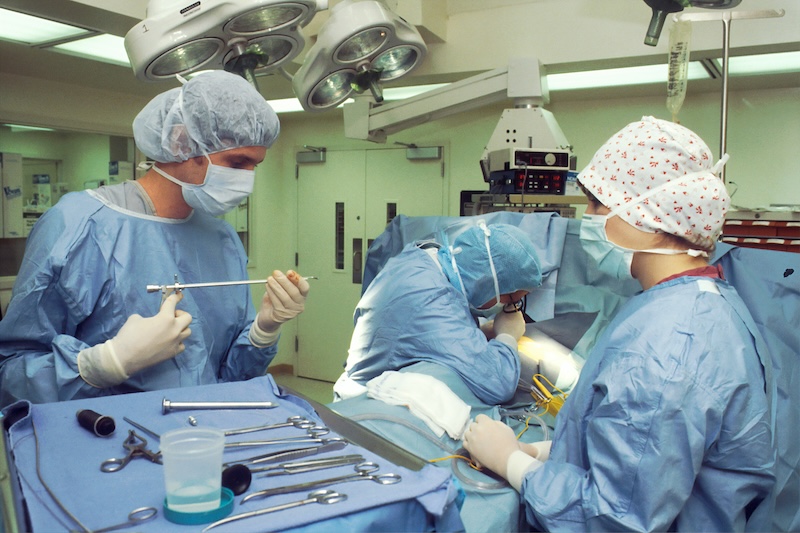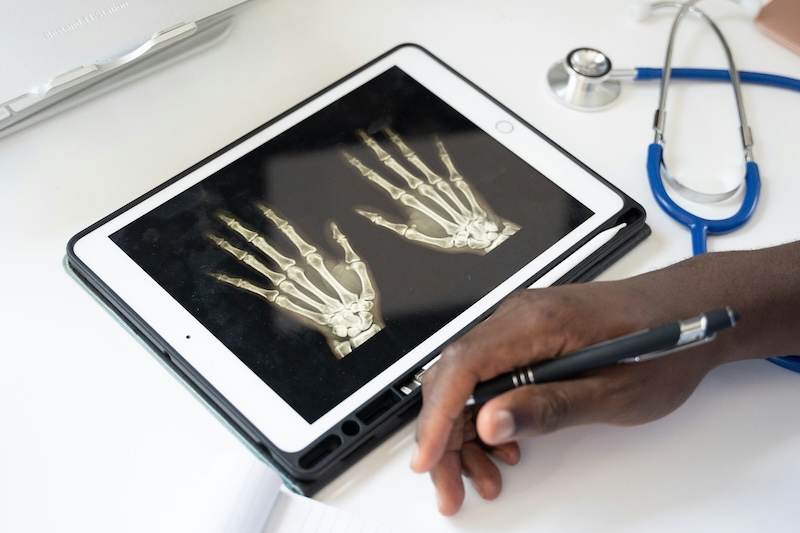Introduction: Understanding the Role of Titanium Alloys in Medical Implants
The success of medical implants depends heavily on the materials used, as they must integrate seamlessly with the human body while withstanding various mechanical stresses. Titanium alloys have become the gold standard for implants due to their exceptional mechanical properties. But what makes these alloys uniquely suited for this critical role?
Titanium alloys possess a unique combination of strength, flexibility, biocompatibility, and corrosion resistance, making them the ideal material for medical implants. These properties allow implants to perform reliably under physiological conditions while enhancing patient outcomes.
In this article, I’ll explore the specific mechanical properties of titanium alloys that make them indispensable for medical implants and how they contribute to the success of modern medical procedures.
How Does Titanium Alloy Strength Benefit Medical Implants?
The strength of titanium alloys ensures that implants can handle the physical stresses exerted on them without breaking or deforming. This property is particularly critical for load-bearing implants like hip replacements or spinal rods.
Advantages of Strength:
• High Load-Bearing Capacity: Titanium alloys can support the body’s weight and physical activities without compromising structural integrity.
• Durable Performance: Their high tensile strength prevents fractures or wear over time, ensuring long-lasting implants.
In my experience, titanium alloy implants provide the strength necessary for patients to resume normal activities without worrying about implant failure.

Why Is Titanium Alloy Flexibility Important for Medical Implants?
Unlike more rigid materials, titanium alloys exhibit a degree of flexibility that allows them to adapt to natural body movements. This flexibility reduces stress on surrounding tissues and bones.
Advantages of Flexibility:
• Reduced Stress Shielding: Titanium alloys have an elastic modulus closer to human bone, minimizing bone loss around the implant.
• Improved Comfort: Their flexibility ensures that implants feel natural and move harmoniously with the body.
I’ve found that this balance of strength and flexibility makes titanium alloys a patient-friendly option, enhancing comfort and reducing long-term complications.
How Does Titanium Alloy Corrosion Resistance Contribute to Implant Longevity?
Medical implants are exposed to bodily fluids, which can cause corrosion in certain materials. Titanium alloys naturally resist corrosion, maintaining their integrity and safety over time.
Advantages of Corrosion Resistance:
• Prolonged Implant Life: Titanium alloys resist degradation in the body, ensuring implants remain functional for decades.
• Safety and Biocompatibility: Corrosion resistance prevents the release of harmful ions, ensuring patient safety.
For implants in long-term use, titanium alloys offer a level of reliability that gives both patients and surgeons peace of mind.
Why Is Titanium Alloy Lightweight Ideal for Implants?
Titanium alloys are significantly lighter than other metals used in implants, such as stainless steel. This lightweight nature reduces the physical burden on patients.
Advantages of Lightweight Properties:
• Enhanced Patient Mobility: Lightweight implants make movement easier and less taxing on the body.
• Reduced Implant Stress: The lighter weight minimizes additional strain on bones and surrounding tissues.
For patients, the lightweight nature of titanium alloy implants contributes to a more natural feel and greater ease of movement post-surgery.
How Does Titanium Alloy Fatigue Resistance Improve Implant Performance?
Medical implants are subjected to repetitive mechanical loads due to everyday activities. Titanium alloys’ high fatigue resistance ensures they can endure these stresses without failure.
Advantages of Fatigue Resistance:
• Durability Under Repeated Stress: Titanium alloys can withstand the cyclic forces of walking, running, and other activities.
• Reliability for Active Lifestyles: Patients with titanium implants can lead active lives without fear of implant failure.
From my perspective, the fatigue resistance of titanium alloys is a critical factor in providing patients with durable and reliable implants that support an active lifestyle.

Why Is Titanium Alloy Biocompatibility a Key Property for Implants?
Mechanical properties alone are not enough for a successful implant material; it must also be compatible with the human body. Titanium alloys excel in this area, integrating well with human tissue.
Advantages of Biocompatibility:
• Encourages Osseointegration: Titanium alloys promote bone growth around the implant, ensuring a secure and stable fit.
• Minimal Risk of Rejection: Their non-toxic nature reduces the likelihood of adverse reactions or implant rejection.
I’ve observed that titanium alloy implants not only perform mechanically but also integrate seamlessly with the body, promoting faster recovery and improved outcomes.
Claim: Why Titanium Alloys Are Perfect for Medical Implants
Titanium alloys combine strength, flexibility, corrosion resistance, lightweight properties, fatigue resistance, and biocompatibility, making them the ideal material for medical implants. These properties ensure that implants perform reliably while enhancing patient comfort and safety.
Conclusion: How Titanium Alloy Properties Revolutionize Medical Implants
Titanium alloys are a game-changer in the field of medical implants, offering a unique blend of mechanical and biological properties that meet the highest standards of performance and safety. Their ability to integrate with the body while withstanding mechanical stresses makes them an invaluable resource in modern medicine.
For me, working with titanium alloy implants has been transformative. They offer patients a reliable solution that supports both functionality and healing, ensuring better outcomes and a higher quality of life. For anyone considering medical implants, titanium alloys represent the pinnacle of modern material science applied to healthcare.






